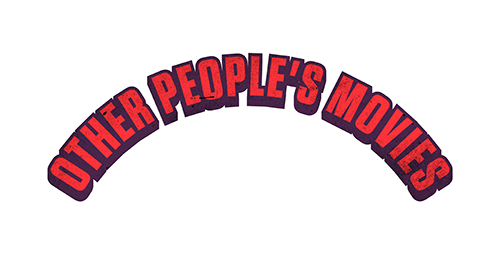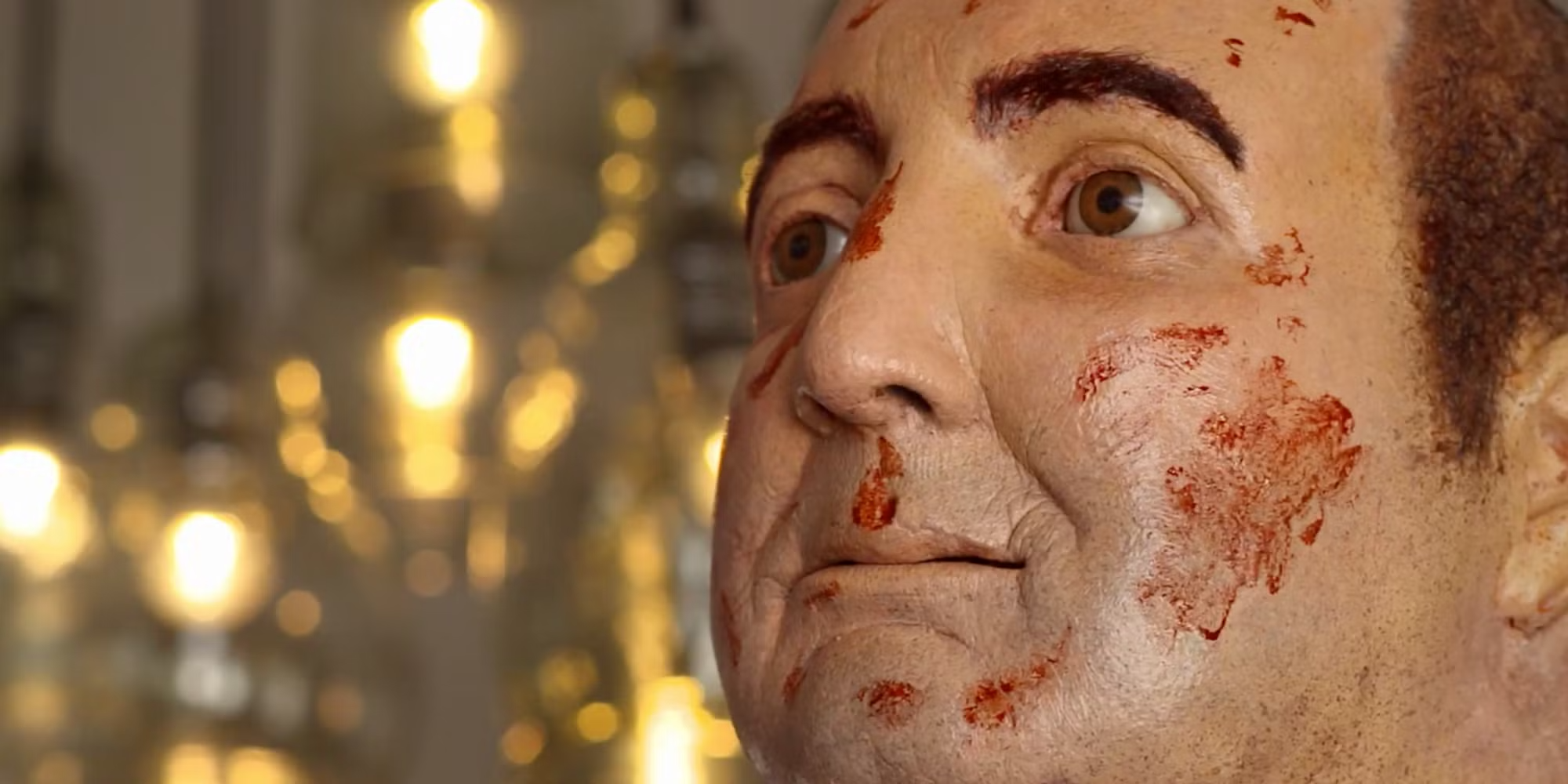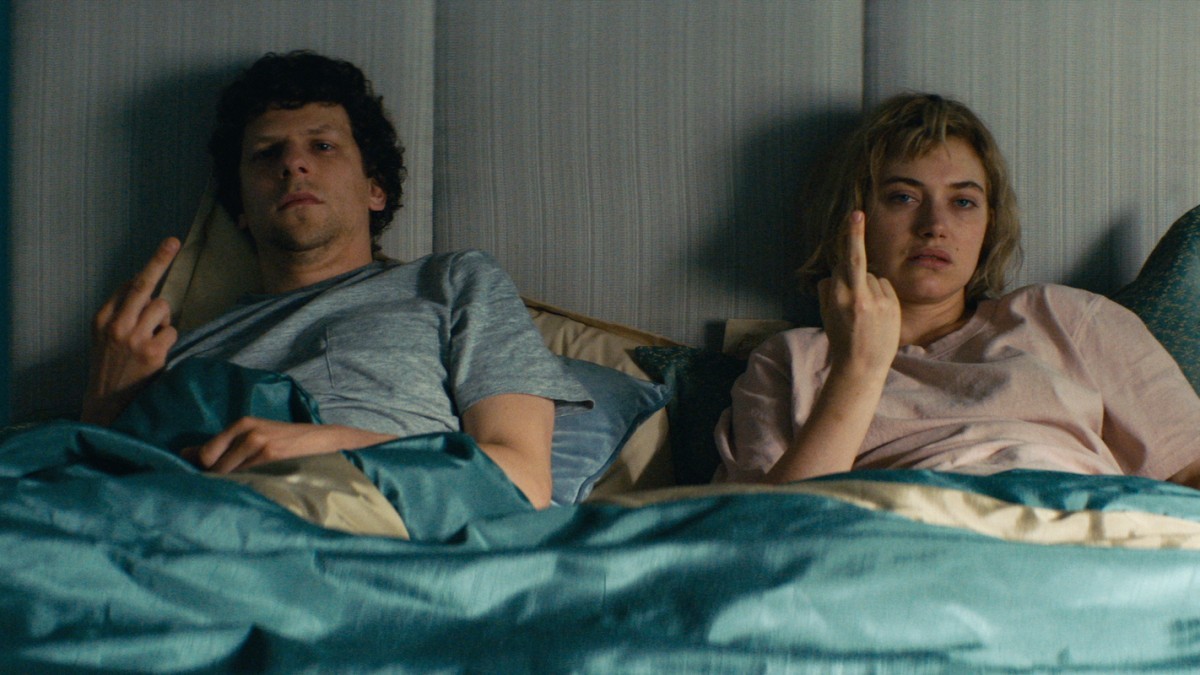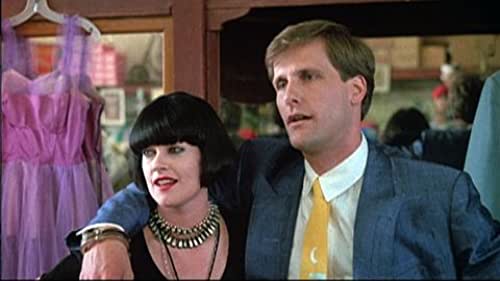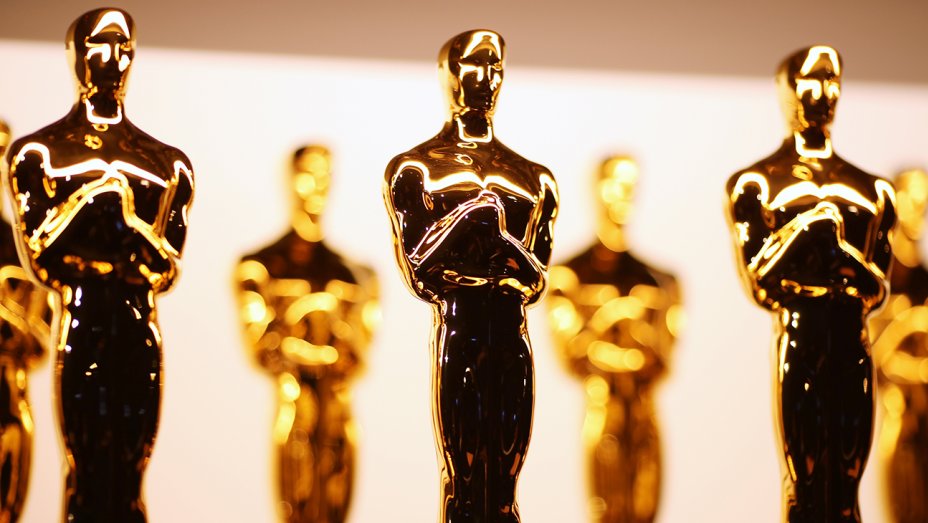
It’s easy to hate the Academy Awards. It’s a shallow, vapid, and bloated showcase of rich and beautiful people congratulating themselves for jobs well done. It’s all about popularity, people-pleasing, and political correctness—not about rewarding the films that have broken the most ground artistically. It’s all about pretending to celebrate the accomplishments of a creative industry by highlighting its most competitive and destructive aspects.
Did I get everything covered? Good. To sum up all the indie hipster arguments, the Oscars are a celebration of movie-dom that almost always seems to choose the safest and most obvious films to celebrate year after year. Could there ever truly be such a thing as a “best” director, actress, or movie? Of course not. But competition breeds interest, interest breeds money, and, in case you haven’t been paying attention, that’s what we all know movies are really about.
So, why bother? Why bother watching, why bother reading, why bother showing any interest in these ridiculous, inflated awards with a bloated, hideously dated ceremony? It’s partially habit and it’s partially a vicarious thrill. More than anything, it’s because the Oscars are essentially a political race for Hollywood that helps determine what types of films are going to be made in the years to come (box office numbers might have a little something to do with that, as well, but that’s another story).
That coveted golden statue somehow provides more validation than almost anything in Hollywood, and validation is what movies need to get produced in the first place (though, again, box office numbers might also play a small part in that). Long story short, the Oscars are still important whether we like them or not because of how they affect the business they represent—no matter how unwittingly ironic that representation may be.
So, without further ado, here’s our breakdown of the major categories (picture, acting, directing, writing). This doesn’t suggest that any one category is more important than another (or more deserved of airtime during the ceremony), but these are the categories in which I’m most informed, have seen all the nominations, and have the most to say.

BEST PICTURE NOMINATIONS
BlacKkKlansman
Black Panther
Bohemian Rhapsody
Green Book
The Favourite
Roma
A Star Is Born
Vice
WHAT WILL WIN: Green Book
This one’s a bit of a draw, with many predicting Roma to take the prize. While crowd-pleasers like A Star is Born, Black Panther, and Bohemian Rhapsody all stand a fighting chance, the safest bet is most likely Green Book. While there’s no denying it’s a very good film featuring two of the best performances of the year (Mahershala Ali and Viggo Mortensen), it’s also the kind of film the Academy loves to reward. It tackles important topics without hitting too hard and also makes us feel good in the end. It’s a well-made film designed to reach mass audiences that also has something to say. In other words, Green Book = Oscar Gold.
WHAT SHOULD WIN: The Favourite
Yorgos Lanthimos’ daring and darkly comedic The Favourite is easily the most original and memorable film on this list, though Alfonso Curon’s epic-yet-intimately-told Roma is just as deserving for its vivid photography and wholly effective minimalistic approach.
WHAT WAS LEFT OUT: First Reformed, If Beale Street Could Talk, Leave No Trace First Man, Sorry to Bother You, Tully, The Front Runner
Obviously, genre entries like Mandy or Bad Times at the El Royale (personal favorites from last year) never stood a chance at being nominated. The most notable films that were shut out of the race are Paul Schrader’s First Reformed, Barry Jenkins’ If Beale Street Could Talk, Damien Chazzelle’s First Man, and Debra Granik’s Leave No Trace. All of these films exhibit qualities the Academy used to celebrate before it became overly concerned with pleasing every studio in town and every individual in America.
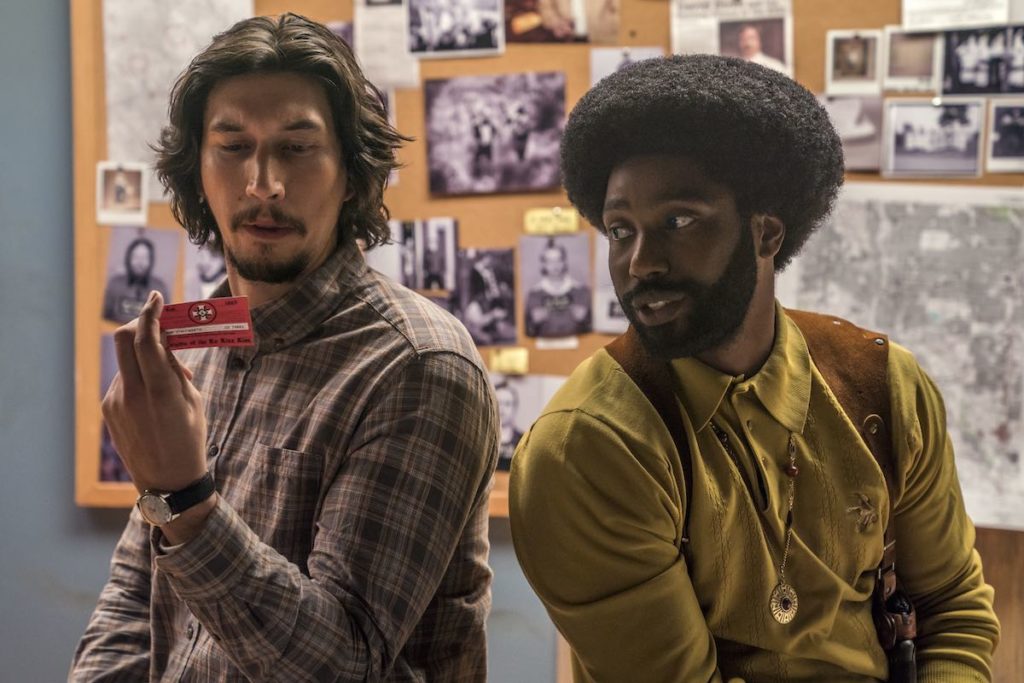
BEST DIRECTOR NOMINATIONS
Alfonso Cuaron for Roma
Pawel Pawlikowski for Cold War
Yorgos Lanthimos for The Favourite
Spike Lee for BlacKkKlansman
Adam McKay for Vice
WHO WILL WIN: Alfonso Cuaron for Roma
It’s looking very likely that Alfonso Cuaron will be named the director of the year, especially considering how aggressively Netflix is campaigning their first Oscar-darling epic. This isn’t a bad thing, as his work on the film is the most refined and mature he’s done to date. There is a slight chance the Academy might just reward him for his cinematography (Cuaron is also nominated for being his own Director of Photography), though he’s probably a shoo-in for both.
WHO SHOULD WIN: Spike Lee for BlacKkKlansman
Cuaron and Lanthimos are equally deserving this year, so it would be justified if either of them takes home the prize. However, it’s Lee’s first nomination—and who knows if he’ll ever get another one? Though BlacKkKlansman does not necessarily represent his best work, we all know the Academy tends to reward for their past mistakes (like not even nominating him for Do the Right Thing or Malcolm X), so just give Lee the Oscar now when he has the chance!
WHO THEY LEFT OUT: Melanie Laurent for Galveston, Paul Schrader for First Reformed, Barry Jenkins for If Beale Street Could Talk, Debra Granik for Leave No Trace, Boots Riley for Sorry To Bother You
Though she never had a chance at being nominated, I was most impressed last year by Melanie Laurent’s directorial touches on her beautiful-yet-hard-boiled adaptation of Nic Pizzolatto’s novel, Galveston. Paul Schrader is the most glaring omission, however, for his career-best work helming the flawless First Reformed.
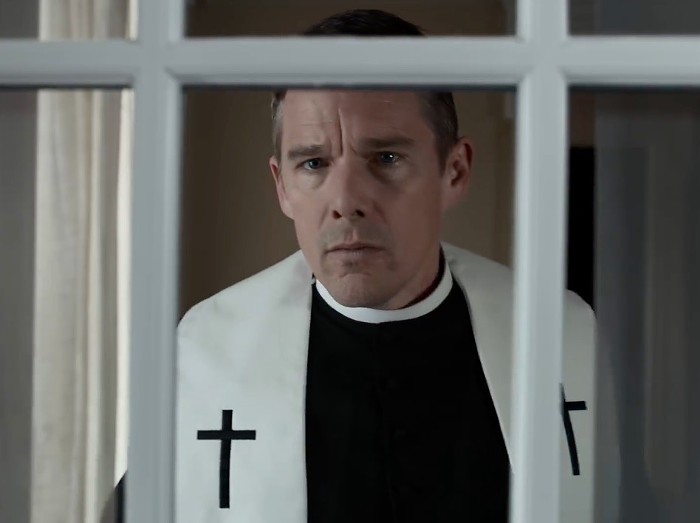
BEST ORIGINAL SCREENPLAY NOMINATIONS
Deborah Davis and Tony McNamara for The Favourite
Paul Schrader for First Reformed
Nick Vallelonga, Brian Currie, and Peter Farrelly for Green Book
Alfonso Cuaron for Roma
Adam McKay for Vice
WHO WILL WIN: Nick Vallelonga, Brian Currie, and Peter Farrelly for Green Book
Green Book is very likely to be the Academy sleeper-favorite of the year for the reasons listed above. It won’t be a crime if this happens, but there is an outside chance the Academy could do the right thing and reward Schrader for the quality of his career-encapsulating First Reformed screenplay.
WHO SHOULD WIN: Paul Schrader for First Reformed
This is almost needless to say now, given the above statements. Schrader deserves the prize not only for his disciplined and flawless work on First Reformed, but also for his entire underrated career and influence on modern filmmaking.
WHO WAS LEFT OUT: Boots Riley for Sorry to Bother You, Diablo Cody for Tully, Drew Goddard for Bad Times at the El Royale, Jonah Hill for Mid90s, Sam Levinson for Assassination Nation
Boots Riley’s ingeniously inventive and scathingly satirical screenplay for Sorry to Bother You is the most overlooked in this category. Probably too dangerous for the Academy’s tastes, this would have been the most-fitting slot to at least acknowledge the film’s brilliance.
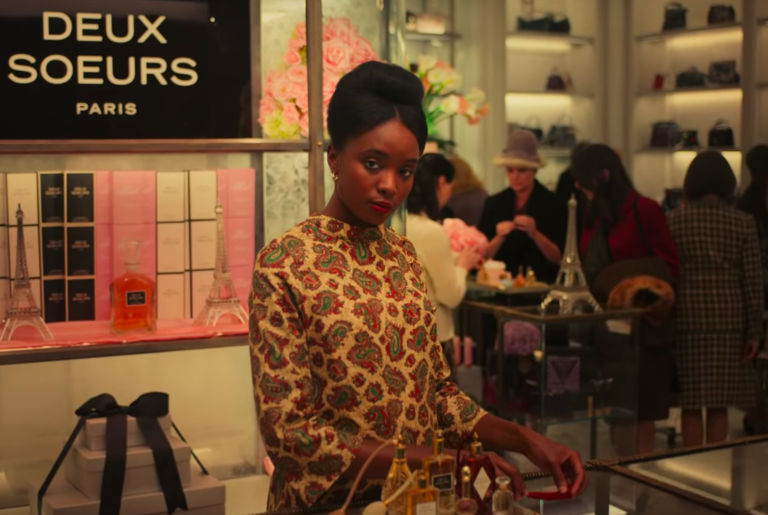
BEST ADAPTED SCREENPLAY NOMINATIONS
Joel & Ethan Coen for The Ballad of Buster Scruggs
Charlie Wachtel & David Rabinowitz and Kevin Willmott & Spike Lee for BlacKkKlansman
Nicole Holofcener and Jeff Whitty for Can You Ever Forgive Me?
Barry Jenkins for If Beale Street Could Talk
Eric Roth and Bradley Cooper & Will Fetters for A Star Is Born
WHO WILL AND SHOULD WIN: Barry Jenkins for If Beale Street Could Talk
The Academy blew it with this movie by not nominating it for Best Picture and for not honoring its director—but they should know to make up for it by rewarding it in this category.
WHO WAS LEFT OUT: Debra Granik & Anne Rossellini for Leave No Trace, Josh Singer for First Man, Matt Bai & Jay Carson & Jason Reitman for The Front Runner, Lynne Ramsay for You Were Never Really Here
Debra Granik and Anne Rossellini’s Leave No Trace screenplay—based on Peter Rock’s novel—is easily the most overlooked title in this category. The film itself failed to score a single nomination, proving that the Academy is, indeed, quite capable of error.
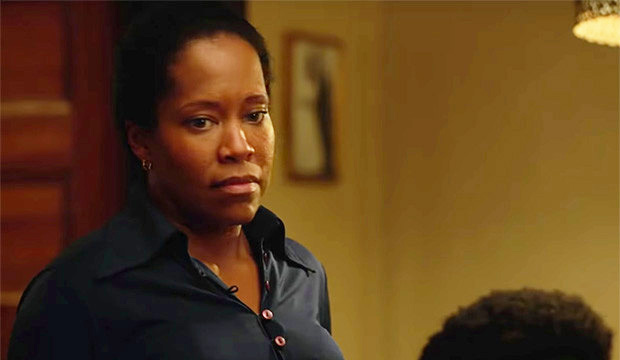
BEST SUPPORTING ACTRESS NOMINATIONS
Amy Adams for Vice
Marina de Tavira for Roma
Regina King for If Beale Street Could Talk
Emma Stone for The Favourite
Rachel Weisz for The Favourite
WHO WILL AND SHOULD WIN: Regina King for If Beale Street Could Talk
Again, the Academy needs to save face as much as possible for not acknowledging this film more fully. King’s emotionally devastating and deeply committed performance is one of many great things about it, and it’s the one the Academy is most likely to reward.
WHO WAS LEFT OUT: Thomasin McKenzie for Leave No Trace, Mackenzie Davis for Tully, Cynthia Erivo for Bad Times at the El Royale, Vera Farmiga for The Front Runner, Amanda Seyfried for First Reformed
A great group of actresses from some great films were left out of the nominations in this category, but Thomasin McKenzie’s work in Leave No Trace is the most curiously absent. Only a teenager, she gives an emotionally grounded and integrity-laden performance that suggests a presence and talent well beyond her years.
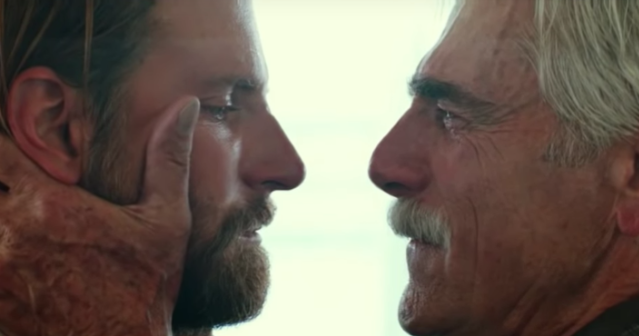
BEST SUPPORTING ACTOR NOMINATIONS
Mahershala Ali for Green Book
Adam Driver for BlacKkKlansman
Sam Elliot for A Star Is Born
Richard E. Grant for Can You Ever Forgive Me?
Sam Rockwell for Vice
WHO WILL WIN: Mahershala Ali for Green Book
As stated a few times before, Green Book could very well have a minor sweep at the Oscars this year. Actors also don’t get any better than Ali, and his work in Green Book is a continuation of his recent hot streak. As deserved as he is of another Oscar, he should have been nominated in the Leading Actor category. Given the size and the weight of his role, promoting him as a supporting actor was obviously a ploy by the film’s producers to increase Ali’s odds of winning.
WHO SHOULD WIN: Sam Elliot for A Star Is Born
Sam Elliot has been one of the most reliable presences on theater screens for decades. It’s his time. Let’s also not forget how Elliot carries some of the film’s strongest dramatic moments in the simplest, quietest, and most effective ways possible.
WHO WAS LEFT OUT: Jeff Bridges, Chris Hemsworth, and Lewis Pullman for Bad Times at the El Royale, Christan Slater and Jonathan Pryce for The Wife, Ron Livingston for Tully
As stated above, Bad Times at the El Royale was never going to receive any major nominations this year. However, it would have been nice to see a member or two of its flawless ensemble cast be recognized. Bridges, Hemsworth, and Pullman all give stellar performances that are as emotionally in-depth and off-the-wall as the film itself.
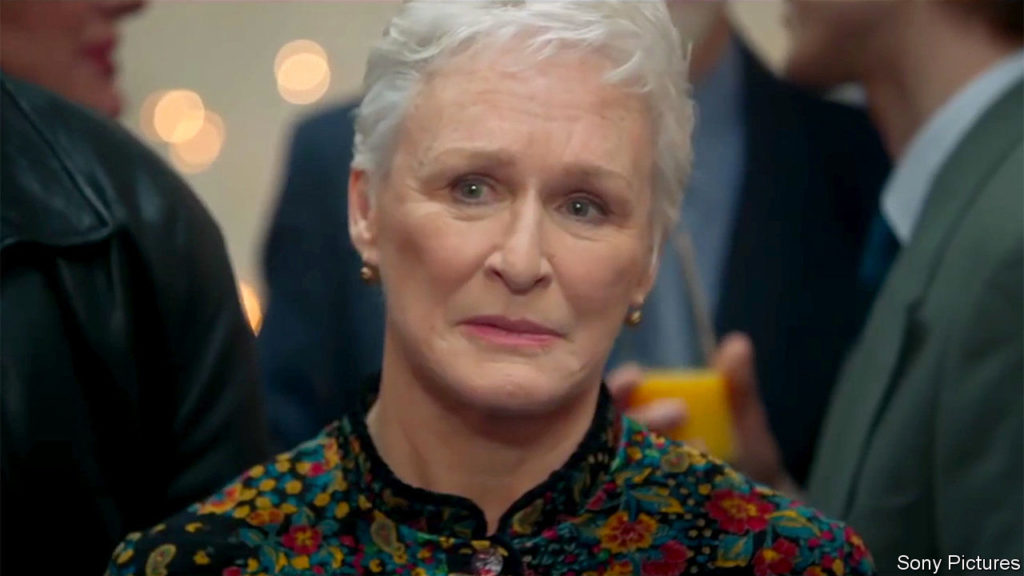
BEST ACTRESS NOMINATIONS
Yalitza Aparcio for Roma
Glenn Close for The Wife
Olivia Colman for The Favourite
Lady Gaga for A Star is Born
Melissa McCarthy for Can You Ever Forgive Me?
WHO SHOULD AND WILL WIN: Glenn Close for The Wife
After seven nominations and no wins, it appears that this will be Close’s year. Her performance in The Wife is just as skilled, focused, and full of life as anything else she’s done. The award will simultaneously honor a single great performance and the span of her entire, awe-inspiring career. This one’s a no-brainer—though Olivia Colman could surprise us.
WHO WAS LEFT OUT: Evan Rachel Wood for Allure, Charlize Theron for Tully, KiKi Layne for If Beale Street Could Talk, Jamie Lee Curtis for Halloween, Elsie Fisher for Eighth Grade
A number of great actresses were overlooked by the Academy this year, but Evan Rachel Wood ranks the highest for her work in Allure. It’s a jagged, intense, and fearless performance that is in a league in and of itself. Though the emotionally brutal film never stood a chance at being recognized by the Academy, Wood’s performance in Allure further proves that she is the most refined and thoughtful actress of her generation.
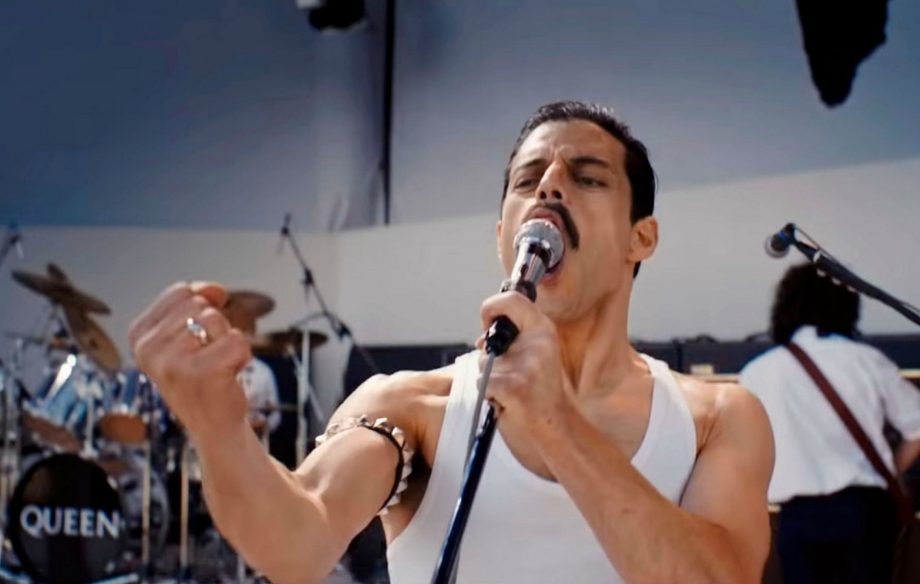
BEST ACTOR NOMINATIONS
Christian Bale for Vice
Bradley Cooper for A Star is Born
Willem Dafoe for At Eternity’s Gate
Rami Malek for Bohemian Rhapsody
Viggo Mortensen for Green Book
WHO WILL WIN: Rami Malek for Bohemian Rhapsody
The Academy loves it when an actor proves himself with a role where he’s obviously not playing himself. An actor who successfully tackles a historical figure–particularly one that is well known to the public—seems to have the best luck come awards season. The case of Malek’s portrayal of Freddie Mercury is no exception to this, but that’s not saying he hasn’t earned the accolades. Malek captures Mercury’s voice and physicality to perfection, but also brings a deep-seeded pain and vulnerability to his portrayal of the icon.
WHO SHOULD WIN: Ethan Hawke for First Reformed
What’s that, you say? Ethan Hawke wasn’t nominated this year? It doesn’t matter—the Academy members must have all assumed everyone else was voting for him. Anyone who saw the movie knows Hawke gave the most emotionally draining and intensely cathartic performance of the year and of his career. That being said, it would be nice to see Willem Dafoe win for his sensitive portrayal of Vincent Van Gough in At Eternity’s Gate—especially considering he has yet to win an Oscar in spite of being nominated four times.
WHO WAS LEFT OUT: Ethan Hawke for First Reformed, Ben Foster for Leave No Trace, Lakeith Stanfield for Sorry to Bother You, Ryan Gosling for First Man, Mahershala Ali for Green Book, Nicolas Cage for Mandy
Ethan Hawke, damnit!

BRIEF ROUNDUP OF OBSERVATIONS AND LAMENTATIONS
Former Terrence Malick and Oliver Stone editor Hank Corwin deserves to take home the trophy for further pushing his nonlinear, fragmented style in Vice—a flawed film whose strengths were created by its performances and by Corwin’s work in the editing room.
It probably doesn’t have a chance, but in the name of stop-motion animation and Wes Anderson, give the Best Animated Feature Film Oscar to Isle of Dogs!
Where in the hell are Three Identical Strangers and Won’t You Be My Neighbor? in the Documentary Feature category?
Aquaman was by no means a masterpiece, but those visual effects were the best part of the movie and deserved some acknowledgement. Speaking of visual effects, even if you didn’t like the movie, Welcome to Marwen deserved some attention for its groundbreaking and innovative work in this category, as well.
In the day of streaming and VOD, let’s get rid of that silly rule that says films have to be in theaters for a certain amount of time before their video release in order to quality for an Academy Award. Mandy suffered the most from this—most notably for the lack of nominations for Benjamin Loeb’s ultra-stylized cinematography and for Johan Johannsson’s beautifully haunting and otherworldly musical score.
